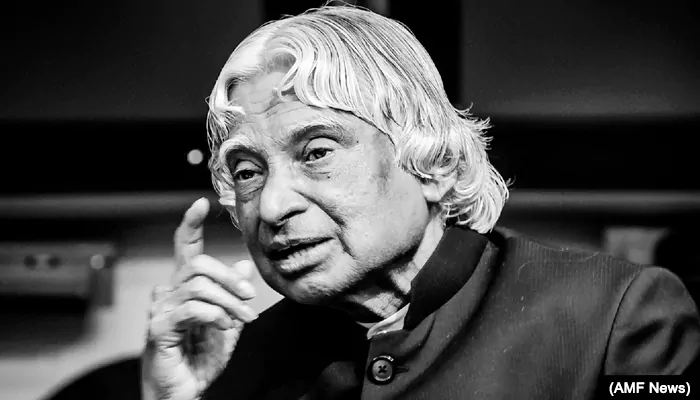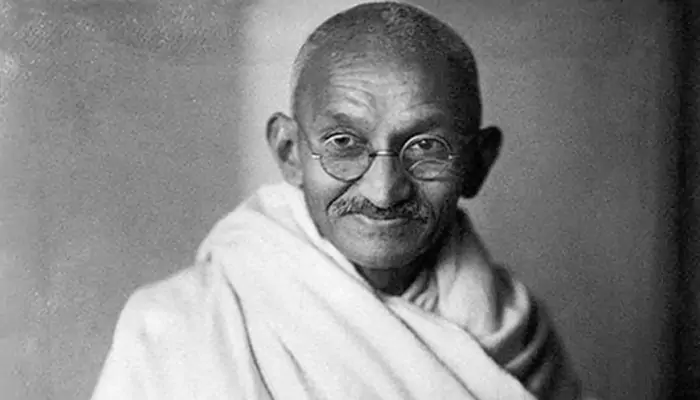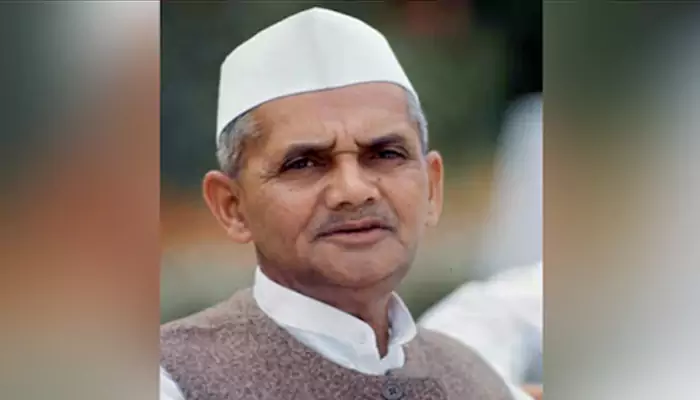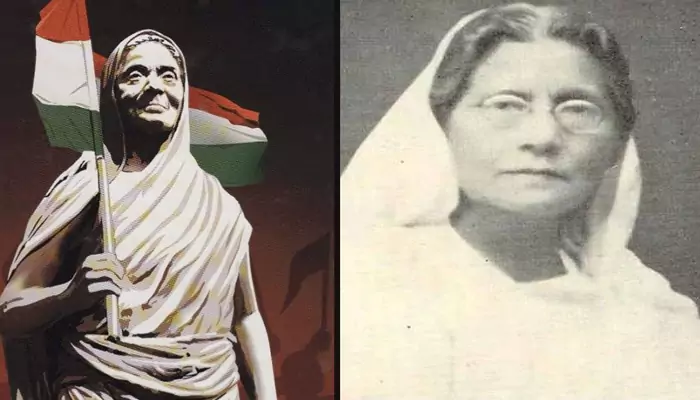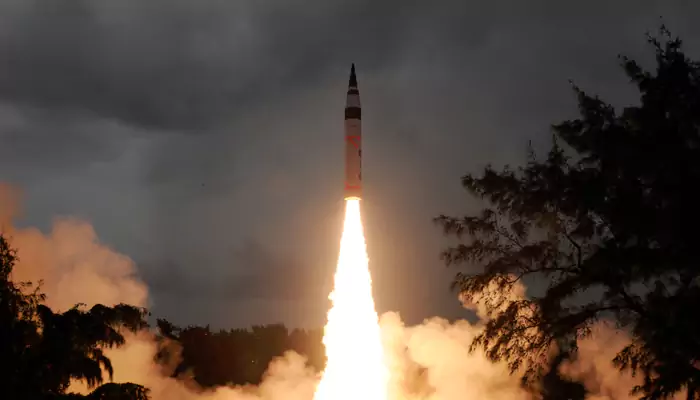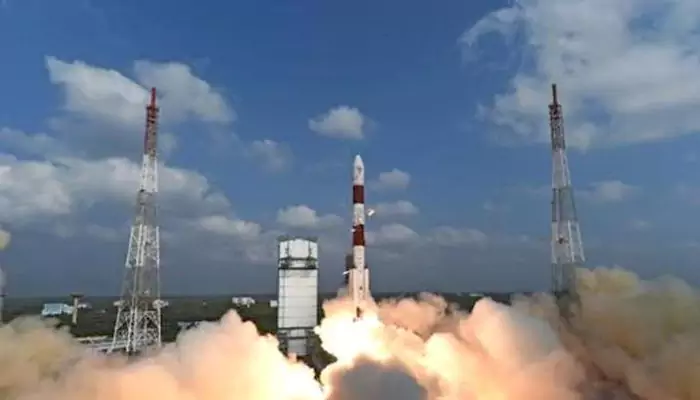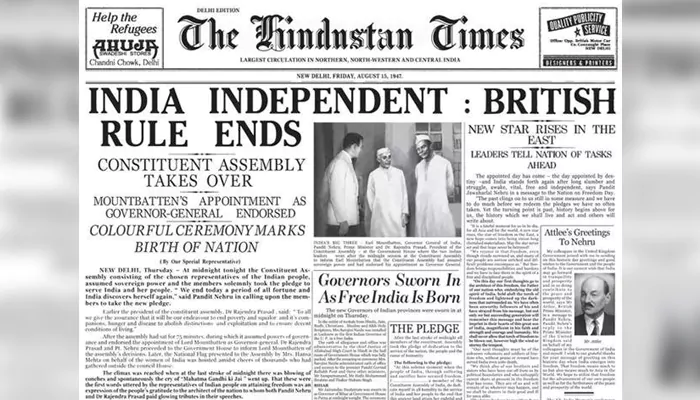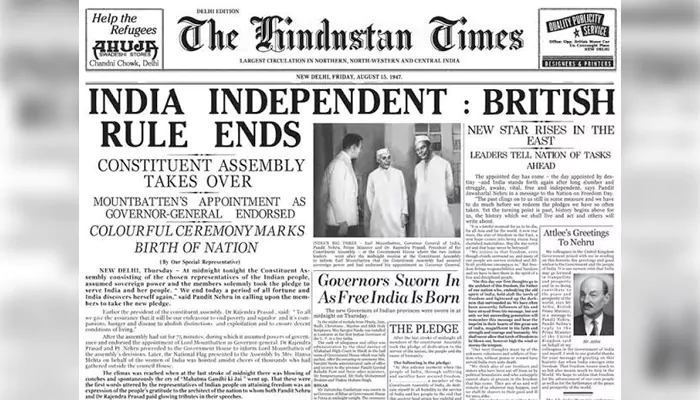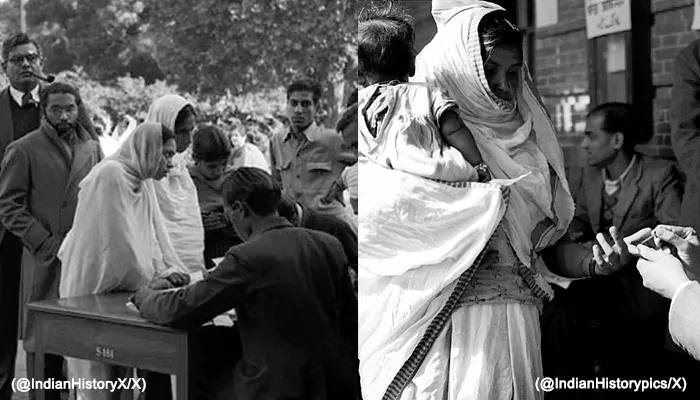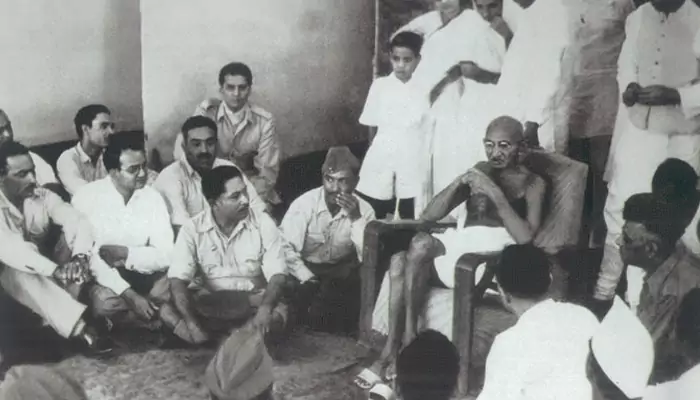Ayushman Bharat Opens Doors for Seniors Above 70: Exploring the Economic Relief for Families and the Broader Financial Impact on India
- Devyani
- 1 year ago
- 5 minutes read

All individuals aged 70 or above, will be eligible for health coverage under the Union government’s Ayushman Bharat Pradhan Mantri Jan Arogya Yojana (AB PM-JAY), irrespective of their socio-economic status. This measure by the Union government, led by Prime Minister Narendra Modi, will benefit 4.5 crore families, including around six crore senior citizens. Senior citizens eligible for health coverage will be given a new, distinct card under AB PM-JAY- they would be provided a health cover of Rs 5 lakh per family. In addition, senior citizens aged 70 and above from families already covered under the scheme will be granted a top-up of Rs 5 lakh annually, for their exclusive use only. Elderlies who are currently enjoying other public health insurance schemes, such as the Central Government Health Scheme (CGHS), Ayushman Central Armed Police Force (CAPF), and Ex-Servicemen Contributory Health Scheme (ECHS), can opt between sticking to their existing plan or switching to AB PM-JAY.
As highlighted by Union Minister Ashwini Vaishnaw during the announcement, this initiative cuts across barriers like income and socio-economic status, and by addressing the surging healthcare expenses that go heavy on senior citizens and their families, the measure grants a lifeline to the nation’s aging population.
The Economic Strain of Healthcare on Seniors
Healthcare expenses in India have always been associated with significant economic burdens. The scenario holds even more true for especially senior citizens, who are susceptible to a range of chronic illnesses and age-related conditions. According to a survey conducted by the National Sample Survey Office (NSSO), more than 70% of India’s senior citizens expend a significant chunk of their income on healthcare, often having to go for out-of-pocket expenses which pushes a family towards debt. The soaring cost of medical treatments, paired with restricted access to affordable care in India, has been a cause for many senior citizens feeling vulnerable and dependent on their families for economic support.

As noted by the World Health Organization, the economic implications of high out-of-pocket expenses are vast, resulting in “catastrophic health spending”, where families run out of money and sacrifice their essential needs to meet the cost of medical treatment. This scenario not only exacerbates poverty but also puts immense pressure on the nation's economy by diverting resources from productive investments to healthcare spending. For many families, the cost of managing chronic conditions such as diabetes, heart disease, and cancer among the elderly can consume significant portions of household income, often forcing them to cut back on other essentials, such as education and nutrition.
Ayushman Bharat’s Role in Alleviating Financial Burden
The new scheme under Ayushman Bharat where elderlies aged 70 or above will be given free health insurance irrespective of their financial and socioeconomic status, can significantly dampen the rising financial burden of families associated with medical treatment. This measure would prove particularly impactful in a nation where 10% of the population is aged 60 and above, a figure which is projected to reach 20% by 2050.

Image Credit- MoneyControl
This scheme will provide significant economic relief to families, for instance, families can save up to Rs 5 lakh annually under the proposed new scheme. The scheme will act as a spearhead in boosting economic growth at the household level as families can now save money and redirect these savings towards other vital areas like education and business investments. Furthermore, by reducing the financial barriers to accessing healthcare, the scheme encourages earlier and more frequent use of medical services, which can prevent minor health issues from escalating into more severe, costly conditions.
Broader Economic Implications for India
The broader financial implications of this extended coverage under the Ayushman Bharat scheme can significantly bring down the economic strain on households and foster overall economic productivity. Medically healthy seniors can actively contribute to their communities, either by continuing to work or providing informal support like childcare. This in turn will facilitate the younger family members to participate more spiritedly in the workforce.

India’s healthcare sector is expected to see growth due to the increased demand for healthcare services following the implementation of the new scheme. This growth encompasses the creation of jobs in the healthcare sector, starting from doctors and nurses to ancillary services like medical equipment suppliers and healthcare IT. The National Health Authority (NHA) projects that the healthcare sector in India could grow at a compound annual growth rate (CAGR) of 16-17% over the next decade, spurred in part by initiatives like Ayushman Bharat.
Furthermore, the financial cushion granted by the scheme can result in a reduction in poverty rates. According to a World Bank study, nearly 25% of households in India fall below the poverty line due to health-related expenses. By covering healthcare costs for the elderly, Ayushman Bharat can help lift families out of this cycle, contributing to a more stable and prosperous economy.

